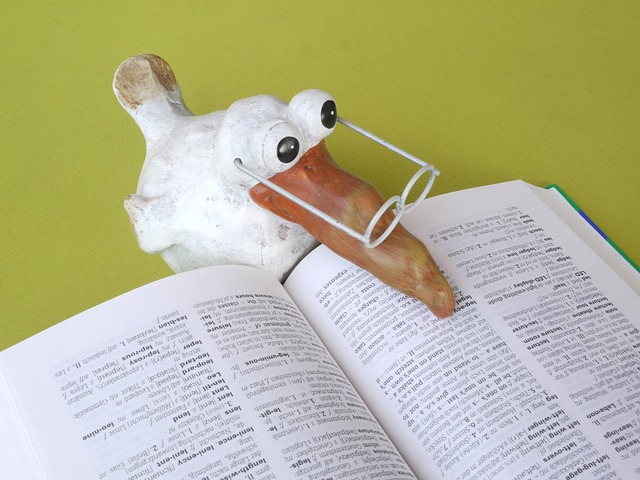A post-covid phenomenon that seems to linger is that our events-horizons have shortened. That’s just a fancy way of saying most of us are not planning far in advance, at least not in the way we might have done five or ten years ago. It’s like there’s a dense fog between us and what we intend to do long-term.
When we attempt to plan, despite the murky uncertainty between now and a far away then, worry and anxiety often result. So, while we are all in mist-/myst-ical territory, we’re not comfortable there. If only we knew, the clouding of our tomorrows renders everyone in our culture a potential mystic. Yet nobody tells us to explore this aspect of post-covid living. Through my teaching, I encourage people to undertake the search.
Mystic Potency
For decades, I’ve taught classes about flipping the switch of consciousness from constant rationality to the mystic mind, until the creative imaginative becomes the predominant force in everyday living. It’s a great way to avoid getting socked into short-term plans, simply because we can’t see beyond the cloudy unknown blocking the long-range view. In my experience, the remedy to any dilemma we face off in the distant future arrives out of a mystical mindset, not through logical analytics. Not anymore.
This idea seems new to moderners. But it’s ancient, practiced as divine art generations ago, especially in times of transition and great uncertainty. In my classes, participants consider the gentle mind, landing on a runway of new precepts. A shift is made in which the value of sensitivities and emotions outweighs the rational processing of external stimuli, whether real world or virtual. Using introspective, inner-directed awareness, we find guidance along the way, despite the fog of confusing externals banked between present and future. And surprise! In mystical territory, long-range plans do come to fruition—no matter how far reaching they might seem at the time they’re made.
let’s stick heads in the fog
Why then don’t people more thoroughly survey delicate, internal observations? Many find the process of changing a mind—mental processes steeped in cultural normalcy—to be time-consuming and effort-intense. The hardest part is letting go of our outward focus, and instead, spending time and energy foraging around in what most would consider private daydreams.
Believe it or not, in my classes, I share techniques to purposefully stick our heads in the fog, sniff out what first seems to be unproductive pathways, dead ends, and doubt-filled mind spaces. With practice, however, every one of these can serve up seeds of insight that sprout and blossom while floating us down the road towards a ‘later on’ faraway. It’s this awareness I love teaching. Mystical and mysterious, but unrivaled in appeal when proving to be an avenue, not just to cope with today, but eagerly embrace a remote tomorrow.

